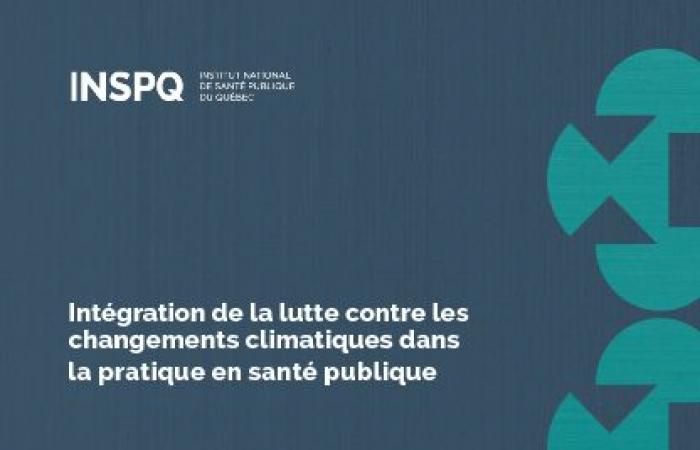Highlights
As part of the implementation of the Government of Quebec’s 2030 Green Economy Plan, the National Institute of Public Health of Quebec contributes to the training of the health and social services workforce with regard to the fight against climate change, particularly for public health. In order to develop relevant learning solutions, an analysis of the needs of the public health sector was carried out from September 2023 to February 2024. The results of this analysis aim to support the work of the National Institute of Public Health of Quebec , but their publication may be useful to other organizations and teams who can draw inspiration from it for the development of learning activities.
A survey and group interviews constitute the two parts of this analysis.
The results show broad and diverse knowledge and skills needs, which can be grouped into two categories:
- More theoretical knowledge: definition of concepts and their interrelations: bases in climate sciences, interrelations between climate change and health, direct and indirect consequences of climate change, vulnerability factors and risk assessment;
- More practical knowledge: skills, attitudes, context, roles and responsibilities, powers, fields of action and limits of public health and partners, existing opportunities and levers, management of differences and communication.
Not constituting learning purposes in itself, this knowledge is seen as essential to mobilize for the deployment of skills deemed priority, linked to the selection and adaptation of effective and promising intervention strategies in the fight against change. climate change in all areas and functions of public health.
Regarding the desired characteristics for learning solutions, the results highlight the interest in online, synchronous or asynchronous solutions, but also for the experiential and collaborative aspects.
A comparison between the needs identified by the analysis and the training offer of the National Institute of Public Health of Quebec (current or in development) makes it possible to identify that, for future learning solutions concerning the health sector public health:
- The needs to be met are mainly in practical knowledge;
- The modalities and temporality of learning solutions need to be diversified;
- Learning solutions must be experiential and collaborative in nature.
The proposals for the development of learning solutions include the addition of “public health” supplements to training already in development and aimed at teams from the clinical field, the creation of an appropriation kit (or box tools) of the climate issue in public health, the use of this kit and other tools within the framework of interregional meetings and regional or interregional workshops, the creation of a community of practice (or registration in an already existing entity) and consideration needs identified as part of the webinar programming at the National Institute of Public Health of Quebec.
Note: Figures 9 and 10 of the report are interactive. For more information on a particular topic, you must hover over the figure with your mouse. Interactivity is not visible when printed
Canada






